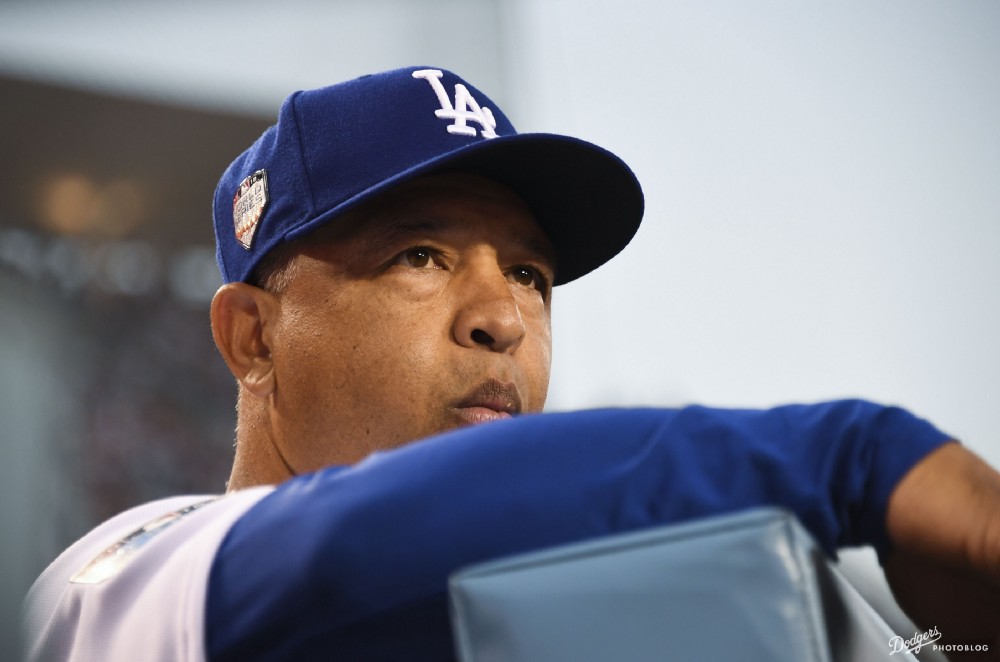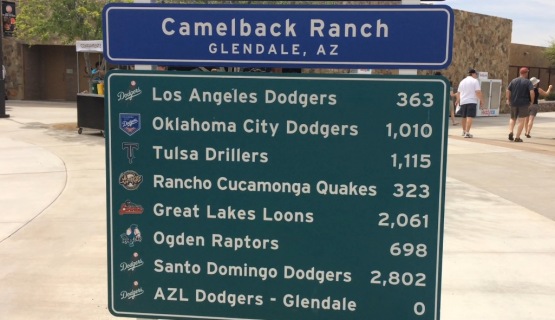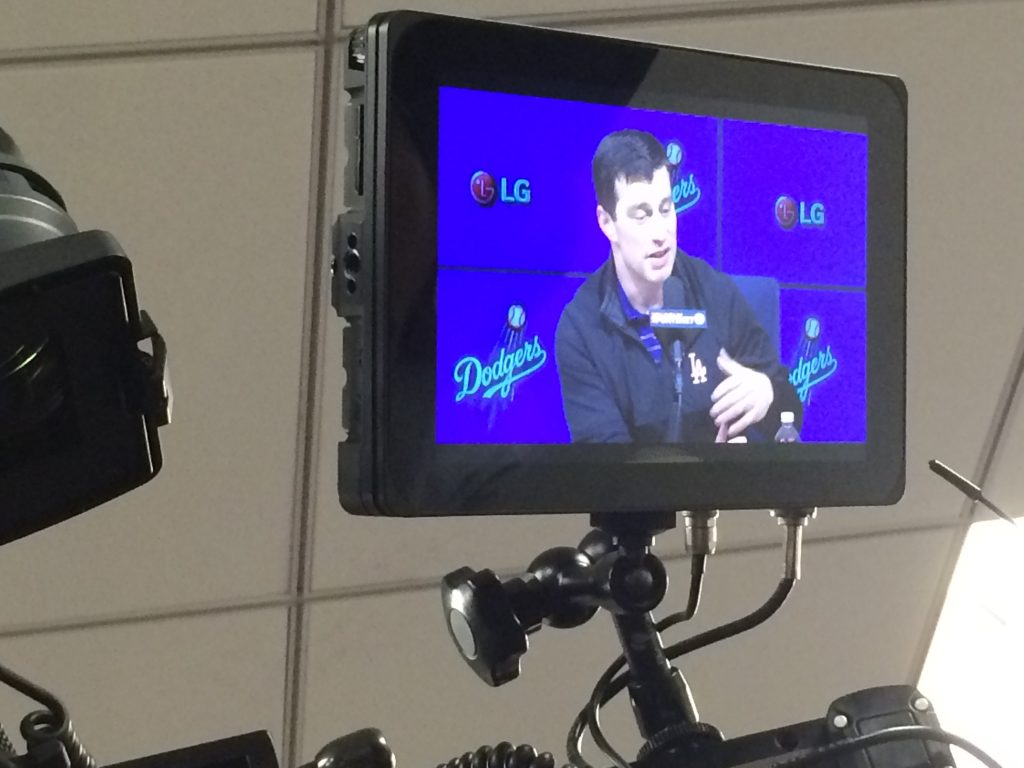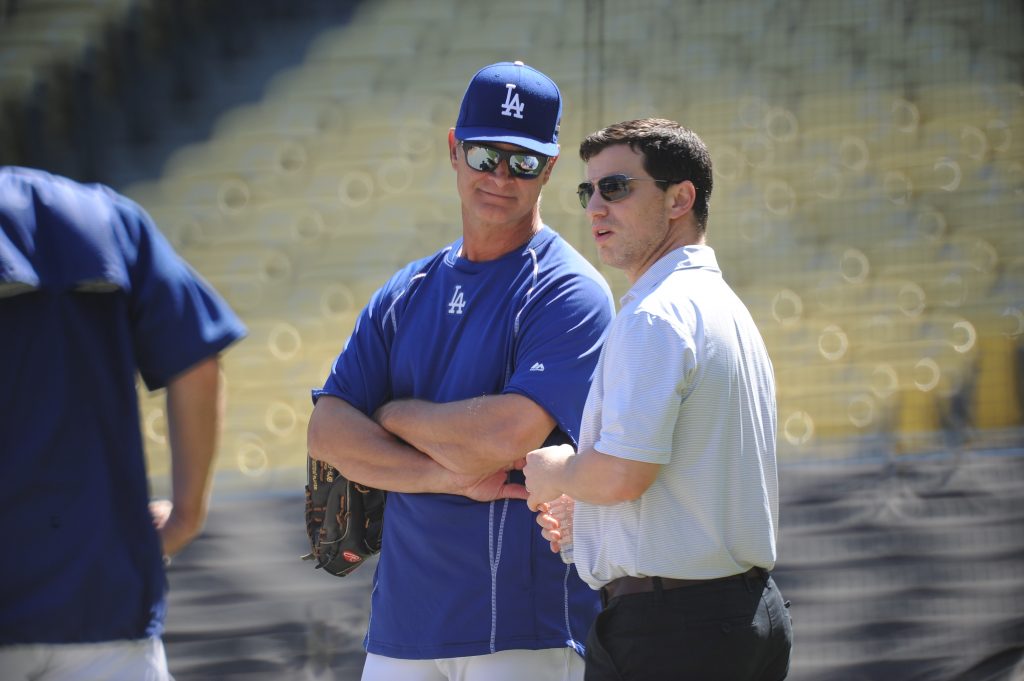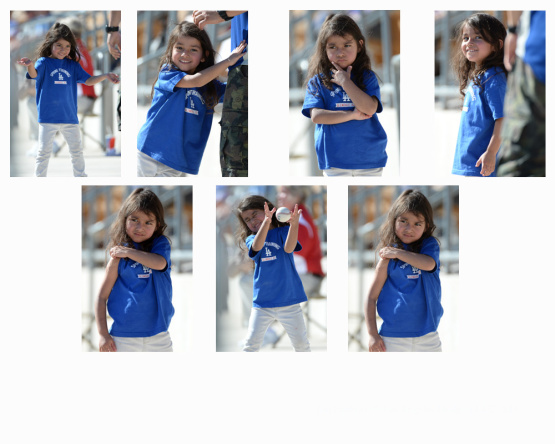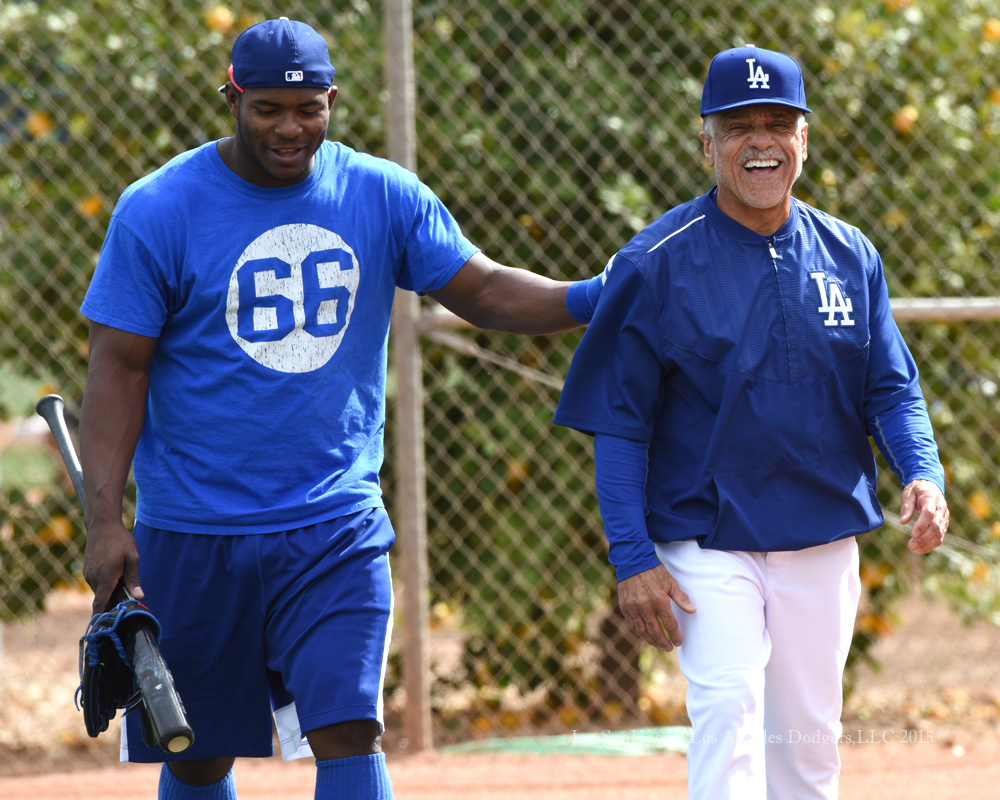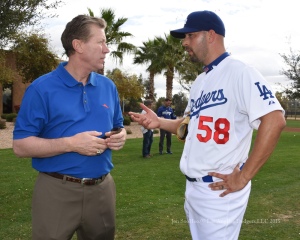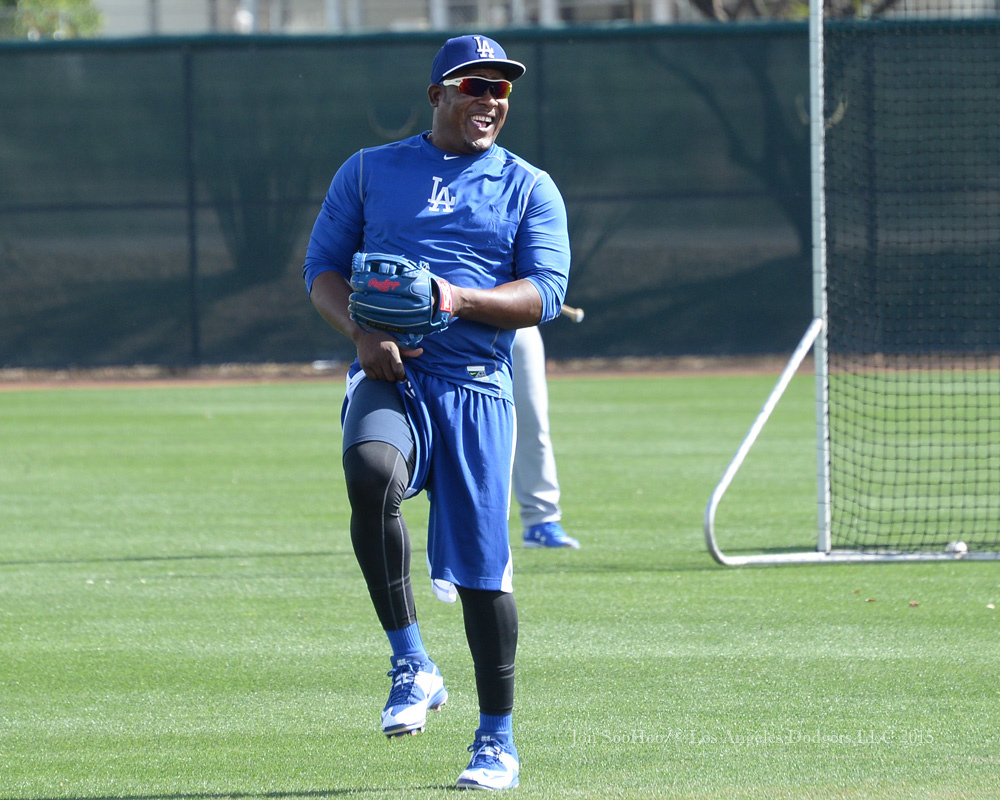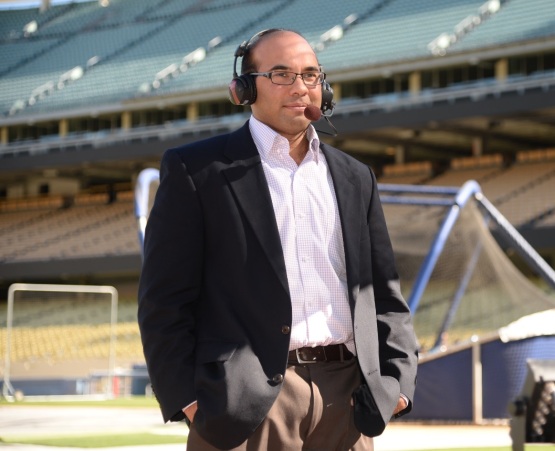In front of an emotionally eviscerated Dodger fan base, in the bottom of the ninth inning of Game 4 of the 2018 World Series on October 27, Kiké Hernández came to the plate at Dodger Stadium.
Only an hour earlier, a thrilling glow suffused Chavez Ravine. Having survived an 18-inning Game 3 marathon, Los Angeles had taken a 4-0 lead into the seventh inning against the Boston Red Sox. The Dodgers were eight outs away from evening the Fall Classic at two games apiece.
Then their world collapsed around them like a dream in Inception. Nine Boston baserunners crossed the plate, the final four in the top of the ninth, obliterating a beautiful consciousness.
In that soul-darkening ninth inning, Hernández stood at the plate as a symbol of star-crossed Octobers. Coming off the most successful regular season of his major-league career, Hernández homered in his 2018 playoff debut, the Dodgers’ 6-0 trouncing of Atlanta in Game 1 of the National League Division Series. The multiposition master, baseball’s Swiss Army knife, then went 12 consecutive games without a single extra-base hit or RBI.
Hernández couldn’t hit right-handed pitching. He couldn’t hit left-handed pitching. He couldn’t hit, period. Entering the gloom of Game 4’s waning moments, Hernández had made 30 outs in his past 33 at-bats.
As another fallen hope stood on first base in the person of Brian Dozier, Hernández took two fastballs from Boston closer Craig Kimbrel, then let rip at a knuckle-curve and launched a fly ball to deep left-center for a two-run home run. Except for the fleeting sliver of hope it kindled in those who could conceive the greatest miracle postseason comeback in Dodger history, it was a footnote. The Dodgers lost the game by the score of 9-6 instead of 9-4.
The next day, in a game the Dodgers could not spare, Hernández was in the starting lineup against Boston lefty David Price, batting third.

